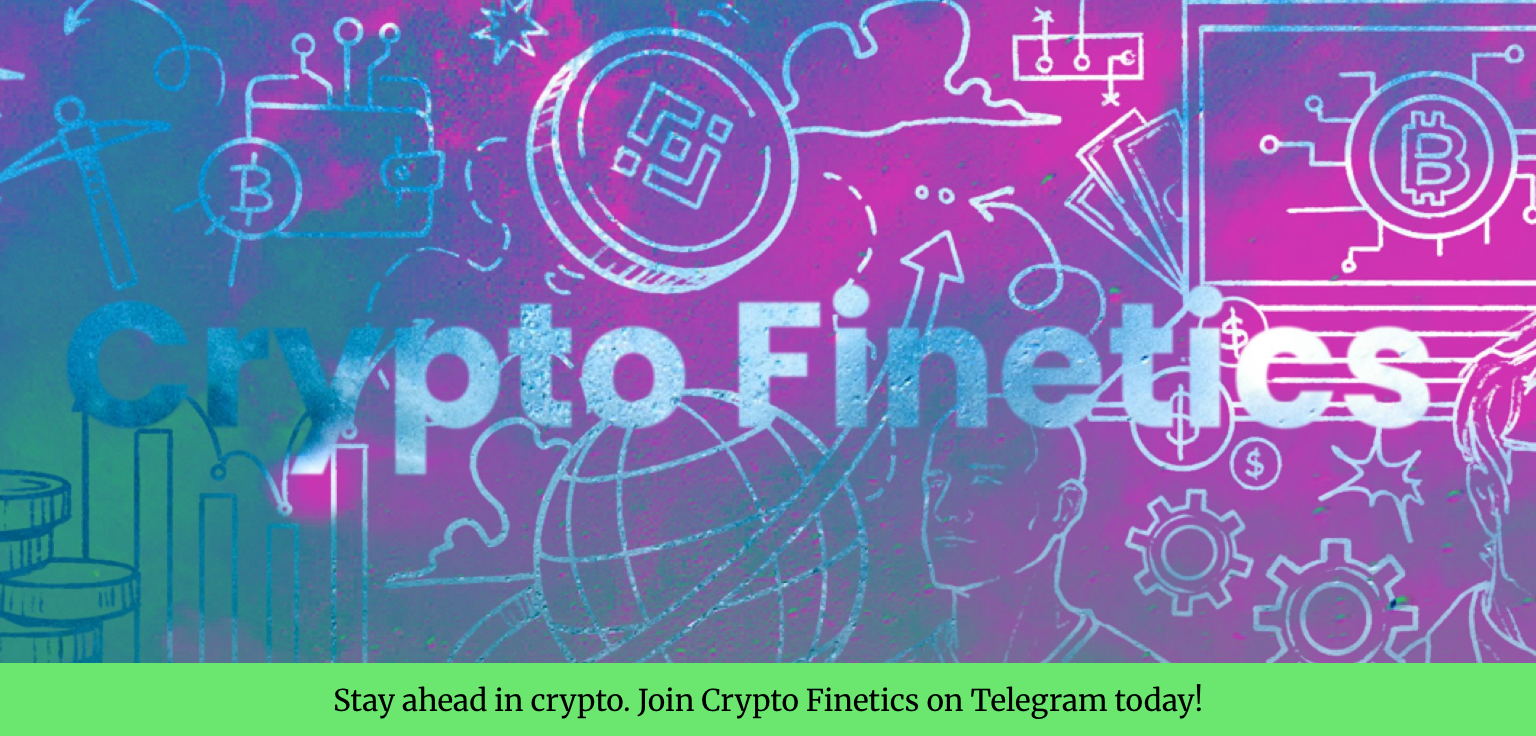The Illusion of Anonymity: How Surveillance Permeates the Cryptocurrency Market and How to Fight Back

On a sunny afternoon in 2022, in an unassuming suburb of San Francisco, the story of Alex began. Let’s call him that to protect his identity. Alex was no criminal but a tech enthusiast who had invested in Bitcoin to shield his savings from inflation. He regularly transferred small amounts from an exchange to his private wallet, convinced that the decentralized nature of cryptocurrencies protected him from prying eyes. But one day, the FBI knocked on his door. They had traced his transactions, linked to a dubious address, not because Alex had done anything illegal, but because an acquaintance who sent him money was entangled in a money laundering scheme. “It felt like a nightmare,” Alex told me in an encrypted video call. “I thought crypto was anonymous. Instead, it was like I’d displayed my finances on a public billboard.”
This anecdote is no outlier. It casts a harsh light on one of the greatest myths of the cryptocurrency market: its supposed anonymity. Since Bitcoin’s creation in 2008 by the pseudonymous Satoshi Nakamoto, crypto has been hailed as a tool for financial freedom, bypassing banks and governments. But in truth, it’s anything but anonymous. Bitcoin and many other cryptocurrencies are pseudonymous: transactions are tied to alphanumeric addresses, not real names, but the blockchain, a public ledger, records every movement. Anyone can see how much money flows from one address to another, and with the right tools, those threads can be traced back to real identities. As Alex discovered, the blockchain is not just transparent, it’s a paradise for surveillants.
Let’s dig deeper. Bitcoin’s pseudonymity means your wallet address functions like an account number: publicly visible but not directly tied to your name. In practice, though, this facade crumbles quickly. Centralized exchanges like Binance or Coinbase require Know Your Customer (KYC) verifications: ID, address, sometimes even selfies. The moment you convert fiat to crypto, your identity is linked to your wallet. Even with decentralized exchanges, IP addresses, browser fingerprints, or transaction timing patterns can betray you. Companies like Chainalysis, a blockchain analytics firm, specialize in unraveling this data. Chainalysis works closely with governments, developing tools to analyze transaction clusters and identify patterns, say, whether an address is tied to a darknet market or a known celebrity’s wallet. By 2025, Chainalysis boasts over 330 government agencies as clients, including the FBI and the U.S. Treasury. Their annual crypto crime report shows how effective this surveillance is: in 2024, Chainalysis tools traced over $4 billion in illicit funds.
The vulnerabilities are manifold and often invisible. First, on chain transparency: every Bitcoin transaction is etched forever in the blockchain. Tools like Block Explorer let anyone search addresses. Second, external data leaks: downloading a wallet app might send tracking data from your device. Third, regulatory pressure: the Crypto Asset Reporting Framework (CARF), developed by the OECD, mandates exchanges to report transactions over €1,000 to tax authorities starting in 2026. In the U.S., SEC Commissioner Hester Peirce recently criticized the growing financial surveillance while praising privacy technologies like zero knowledge proofs, but the reality is that governments, like India’s NCB working with Binance, are cracking down on darknet rings. In Europe, the MiCA regulation threatens to delist privacy coins, deemed a money laundering risk.
Is this all inevitable? Can you truly protect yourself? The answer is a cautious yes, but it demands discipline, knowledge, and the right tools. Start with the basics: avoid KYC required exchanges. Use anonymous payment methods for trading. For daily use, employ VPNs or the Tor network to mask your IP address. Apps like Mullvad VPN or the Tor Browser obscure your location and prevent providers from logging your activity. Keep wallets separate: one for public transactions, others for sensitive ones, and never mix them.
Next, leverage privacy enhancers. Coinjoins, offered by tools like Whirlpool or Samourai Wallet, mix your coins with others’ to obscure their origin. The Lightning Network, a second layer solution for Bitcoin, enables fast, private off chain transactions that are harder to trace. For maximum anonymity, turn to privacy coins. Monero (XMR) is the gold standard: it uses ring signatures, stealth addresses, and confidential transactions to hide sender, receiver, and amount. Unlike Bitcoin, where transactions are public, Monero is private by default, not an option, but the standard. Zcash (ZEC) offers similar features with zk SNARKs but allows transparent transactions, providing flexibility but also risks. These coins have downsides: many exchanges delist them under regulatory pressure, and Chainalysis is working to crack Monero, albeit with limited success.
Mixers like Tornado Cash were once popular for “washing” coins, but the U.S. Treasury sanctioned Tornado Cash in 2022, and developers like Roman Storm are now in prison. Alternatives like Houdini Swap or Railgun use zero knowledge proofs to ensure privacy without suspicion. For ultimate protection, build your own hardware wallet, like with a Raspberry Pi, and use eCash protocols or decentralized VPNs.
Despite these tools, the question remains: Is true anonymity achievable? Experts like Seth Hertlein of Chainalysis warn that even privacy coins aren’t uncrackable, especially when external factors like social media posts or device data come into play. Conversations with industry whistleblowers, who wished to remain anonymous, made it clear: surveillance grows in tandem with adoption. Governments fear crypto enables tax evasion or crime, but critics like Edward Snowden argue privacy is a fundamental right, not a crime.
In the end, as Alex told me, it’s about balance: “Crypto woke me up. It’s not anonymous, but with the right steps, you can protect yourself.” Looking ahead, projects like ORO AI or Zama aim for end to end encrypted blockchains, where data stays private while transactions remain verifiable. Until then, be paranoid. Use new addresses for every transaction, avoid public Wi Fi, and never share your wallet details. In a world where data is the new oil, privacy is your shield. The question isn’t whether you’re being watched, it’s how much you can prevent it.

